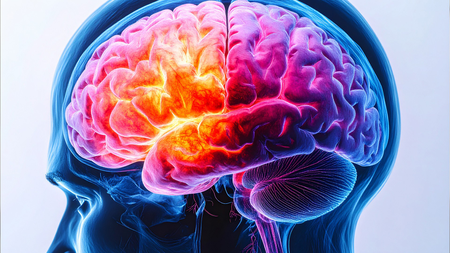New Delhi, 24 June (IANS). A team of international researchers led by the University of Otago, New Zealand, has discovered a new genetic reason for a rare disorder involving brain development in children. This disorder severely affects children’s brain growth and functionality.
Research found that special changes in a gene called CRNKL1 can cause serious disorder, resulting in children in children before and after birth, microcephorial (head size to be small), Pontocerebeller hypoplasia (being treated by brain stam and cerebellum), tour and serious intellectual disabilities are observed.
This discovery sheds new light in understanding the complex process of the “genetic instructions” required for the creation and maintenance of the brain.
Louis Biknell, Associate Professor of Rare Disorder Genetics Laboratory at the Department of Biochemistry of Otago, said, “Our body depends on a accurate process called ‘Splissing’ to read and process genetic instructions from DNA. This process makes the building blocks necessary for the body.”
He said that splissing disturbances can cause many genetic disorder and this new discovery shows its serious impact on brain development.
Published in the American Journal of Human Genetics, this research studied 10 families, out of which genetic changes were found in the same place of CRNKL1 genes. All affected children had similar serious symptoms, showing a strong relationship between these genetic changes and disorder.
Dr. Sankalita Ray Das, the lead writer of research and post -deacter researcher, said, “This research shows that CRNKL1 is important for healthy brain development. The discovery not only explains the new genetic cause of severe neurological disorders, but also helps to understand how our genes control the development of the brain.”
“This discovery provides clarity to the affected families about the condition of their children and in the future, the base to understand why these genetic changes only affect the brain. This research is an important step towards treating and prevention of rare brain disorders and prevention.”
-IANS
MT/AS










